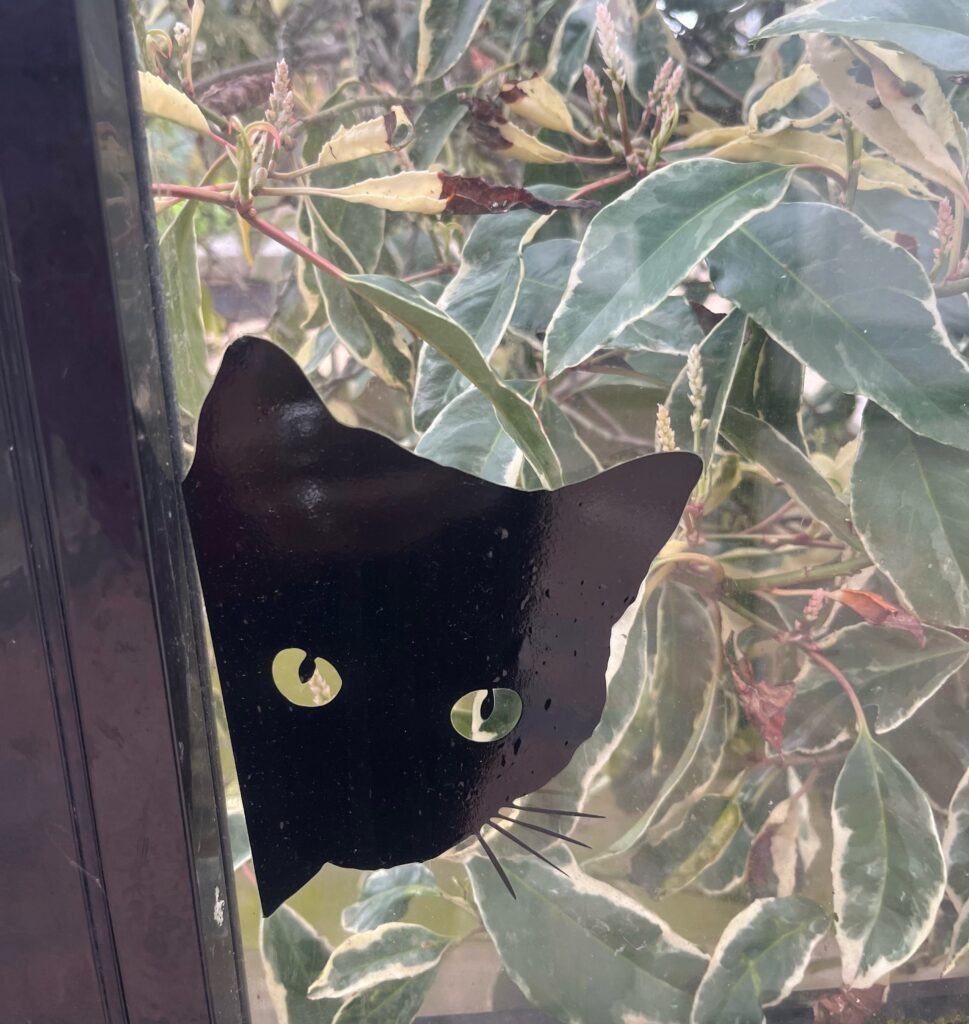UK Pet food data shows the small pet population is on the rise
UK Pet Food have released its annual pet population data, which comes at a point where many households and owners are struggling to keep things afloat especially regarding finances – so 2023’s data sees some more drastic drops that previous years.
In the Covid-19 pandemic we saw a lot more people adding a pet to their household but with the unpredicted future we are now living in, its been impossible for many to mostly afford.
Around 57% of UK households currently own pets but we have seen this drop from 17.4 million in 2022 to 16.2 million households owning pets this year.
We have also seen the dog and cat population fall by 6% and a 50% increase in people getting smaller pets such as rabbits, guinea pigs and hamsters.
The most common age group for owners relinquishing pets is 16-24 year olds, as its likely the pressures of work and uncertainty of living through a pandemic has meant commitments have changed greatly.
It is also becoming apparent that not many people considered the costs and hardships of getting a pet before doing so.
This may have contributed to increasing rates of homeless pets.
“World events have had a massive impact on lifestyles over the last few years.Throughout the Pandemic, we saw an increase of people adding a pet to their family as they sought the amazing companionship a pet can bring.Today owners are clearly impacted by the cost of living and sadly relinquishment rates are high.”
